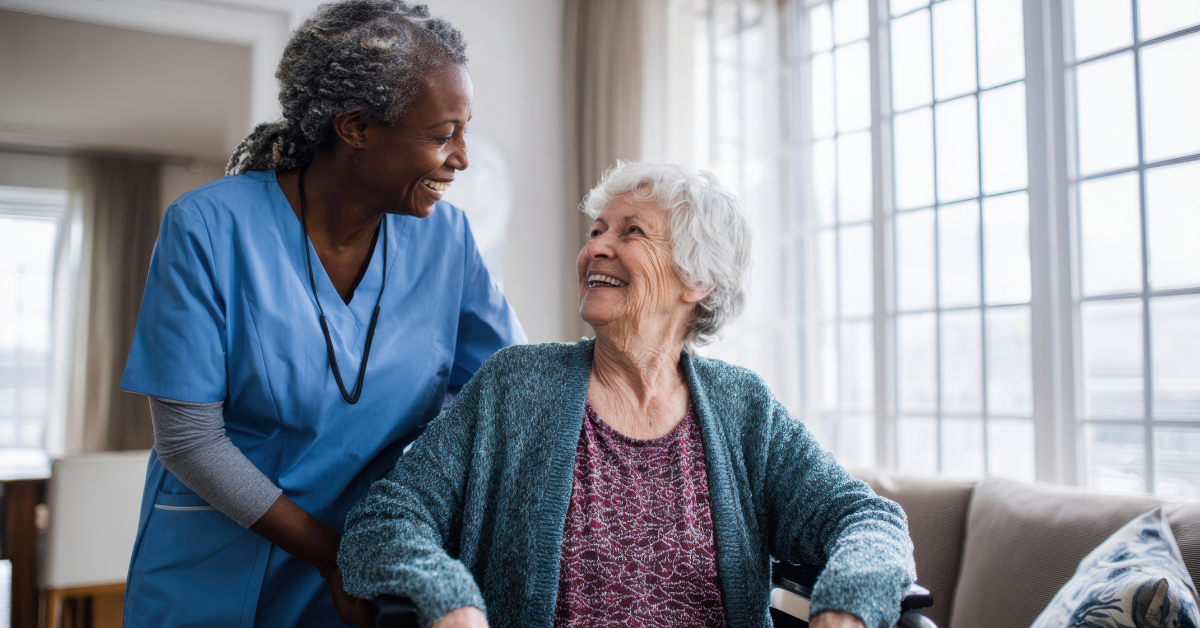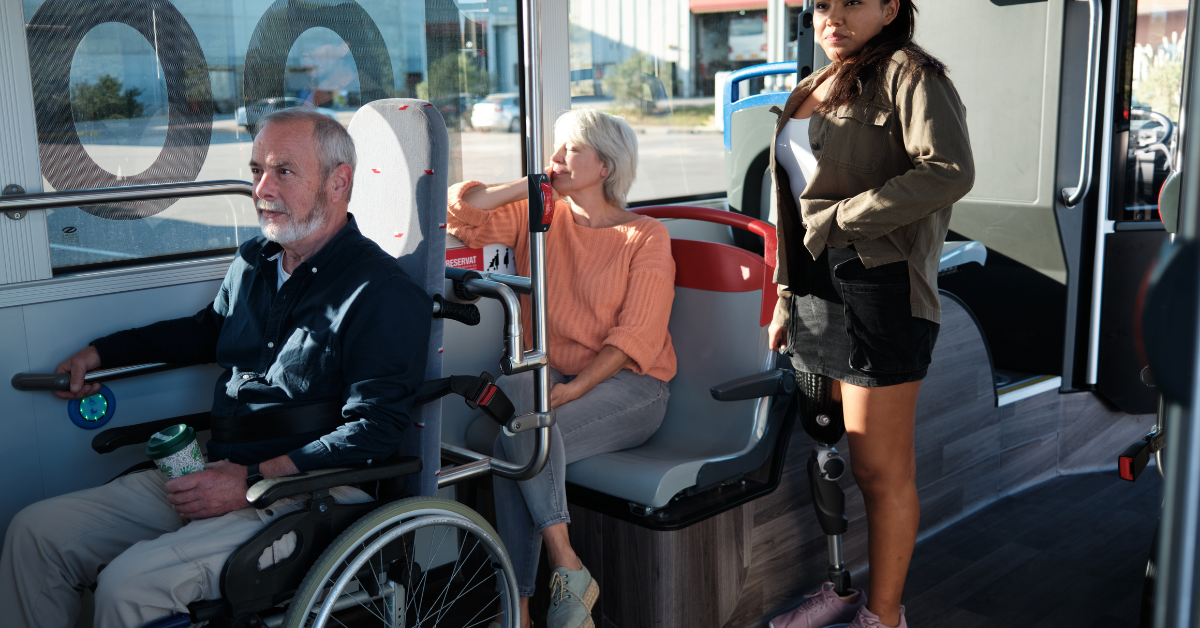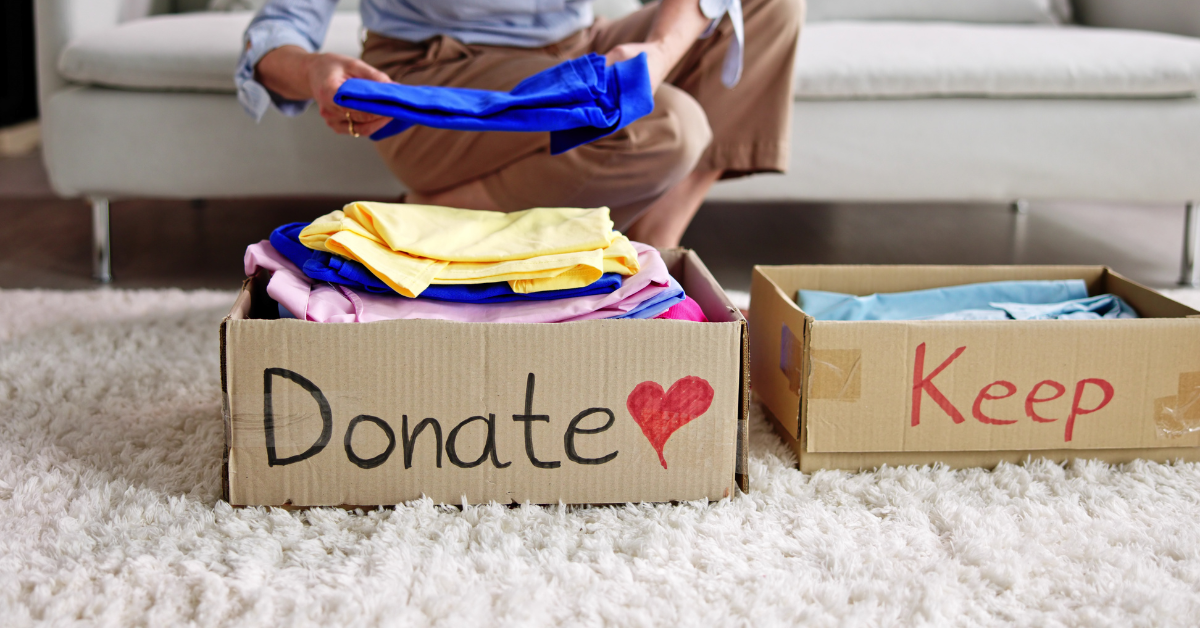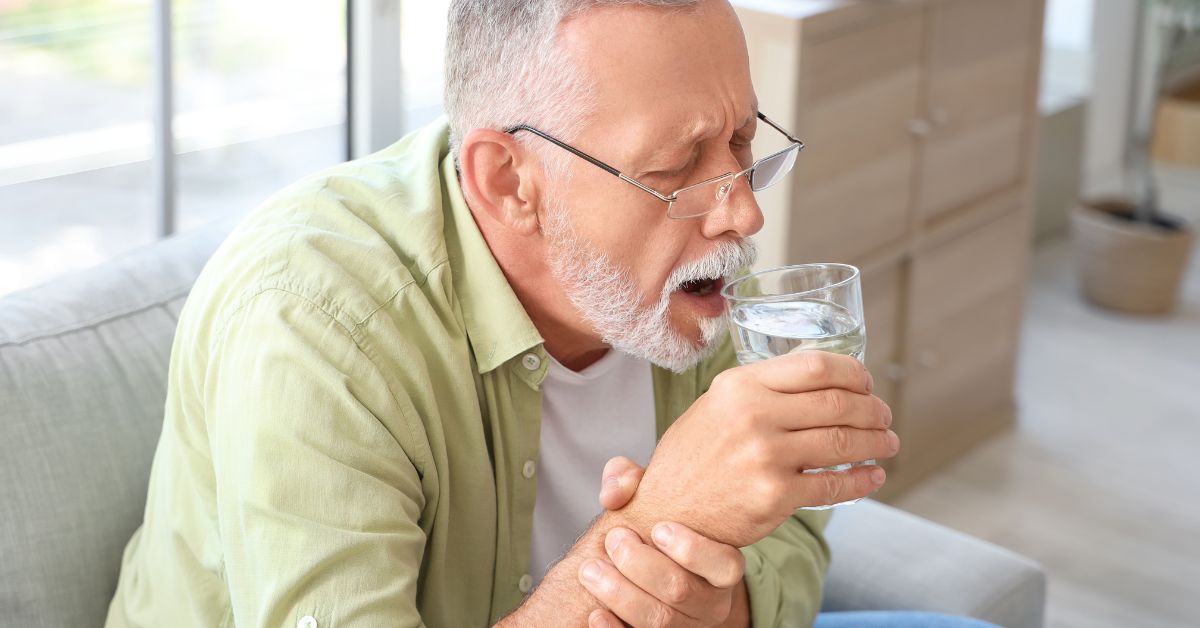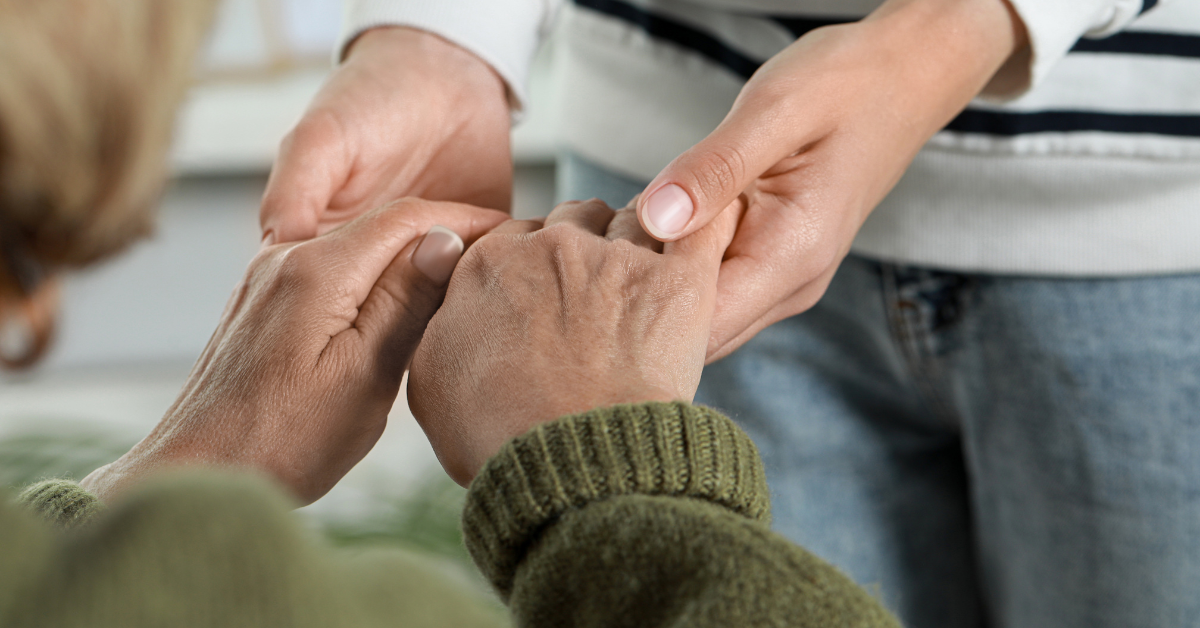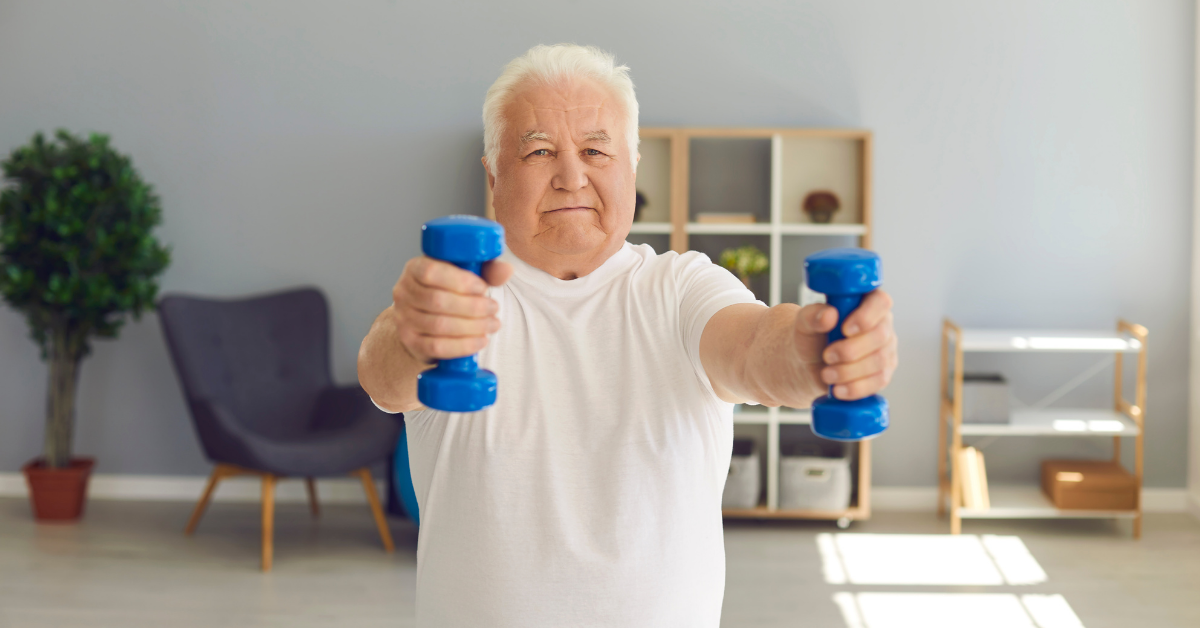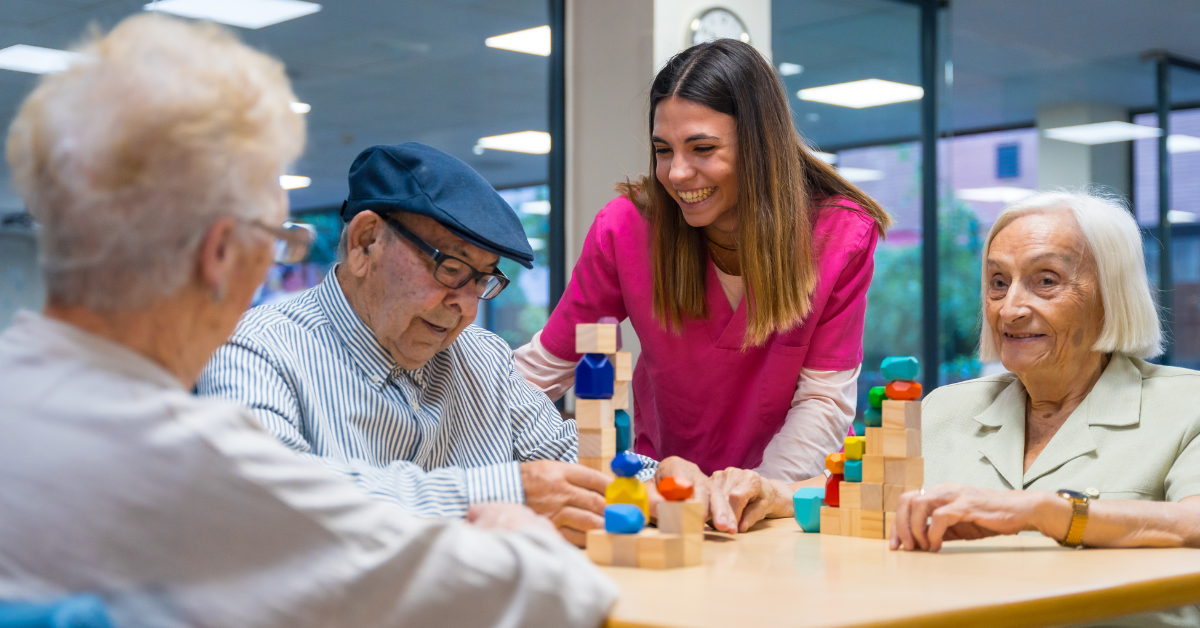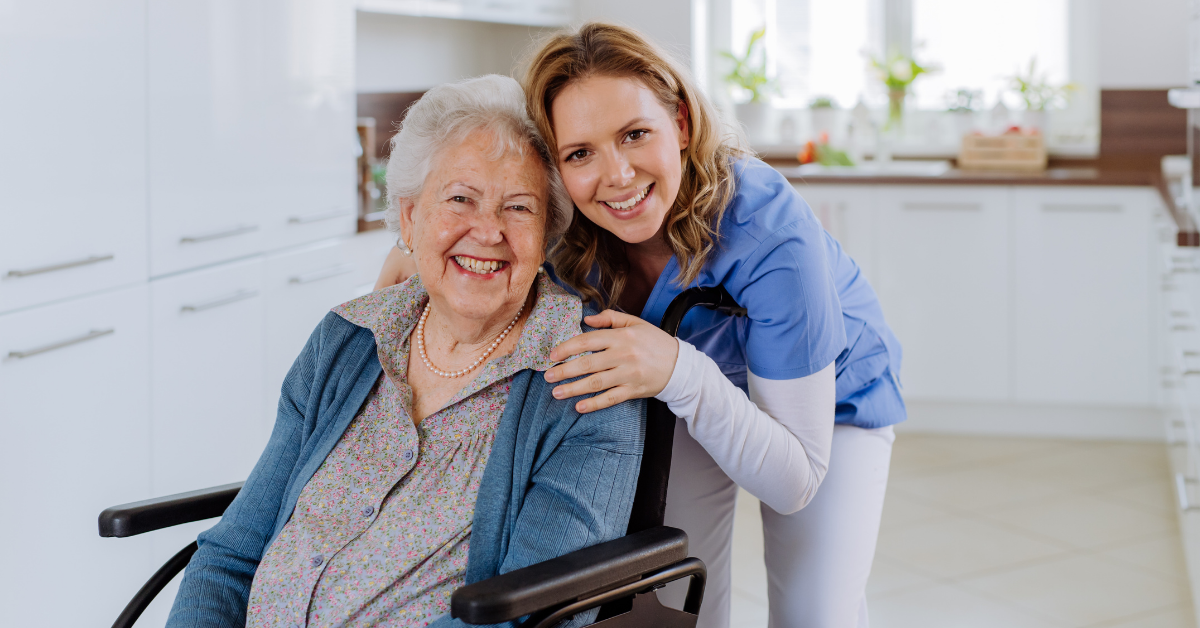Reducing the Risk of a Fall
Ben and Claire sat on their porch swing, watching the paramedics load their neighbor, Anna, into the ambulance. Her son followed in his car as the ambulance drove away.
"I hope she's ok," murmured Claire.
"Yes," said Ben, "and we need to do all we can to avoid a fall ourselves. I recently read that falls are the #1 cause of injury and even death in older adults."
Ben was right. Each year, one out of four seniors will fall, and 20% of falls will result in a serious injury, including broken bones and head injuries.
Of course, one can't change the fall risk factor of being over 60, but there are other factors to be aware of and take steps against.
- If you have already experienced a fall, and even if not, do stretch and balance exercises. Sign up for a water aerobics class, take walks, do chair yoga, etc. Building your strength will counteract weakness and poor balance, both fall risk factors.
- If you have a chronic condition, such as Parkinson's or arthritis, talk to your primary care doctor about ways to prevent falls.
- Discuss any medications you are on. Side effects like drowsiness, dizziness, confusion, and impaired balance can increase your fall risk.
- Maintain annual visits with your eye doctor. Impaired vision is often a fall risk factor.
- Wear well-fitted, nonskid shoes with good support. Avoid thick soles or heels.
- If you use a cane, walker, or other assistive devices, use them correctly.
- Keep a well-charged phone near you. Keep close family members and emergency numbers on speed dial or listed as favorites. Post a list of important phone numbers in various places around your home.
- If you have a pet, be aware of where it's at. Pets can be tripping culprits.
Creating a safe environment in your home is also imperative. There are multiple ways to make your home safer.
- Have someone walk through your home with you and adjust, secure, or even remove items that could easily trip you, including throw rugs, loose cords, or unnecessary clutter.
- Keep open spaces for walking throughout your home. Coffee tables or other items can end up being something to trip over.
- Install railings, grab bars, raised toilet seats, and other items that can provide support and assistance.
- Install nonslip mats in your bath/shower or use a bath seat.
- Ensure you have sufficient lighting in every room. Use nightlights to help if you get up to go to the bathroom or get a drink during the night. Change your light switches to ones that glow in the dark, making them easy to see.
- Keep a flashlight by your bed and in other pertinent places in case there is a power outage.
- Ensure items you use often, especially in the kitchen, are easy to reach.
- Use chairs that are the right height to get in and out of easily.
Connect with people and resources that can help. Consider it an investment in your personal safety and independence.
- Hire a neighbor or service to keep your outdoor walkways and drive salted and cleared of snow in winter.
- Ask a professional to help you make your home a safe space. It might include some small remodeling projects.
- Purchase a medical alert device. In the event you do have a fall, being able to get help immediately is crucial.
Falls will happen, but taking precautions can make a big difference in prevention and your ability to recover when they do. Give the team at HomeAides a call. We can help you create a safer space, assist you if you are recovering from a fall, and help you maintain independence.

